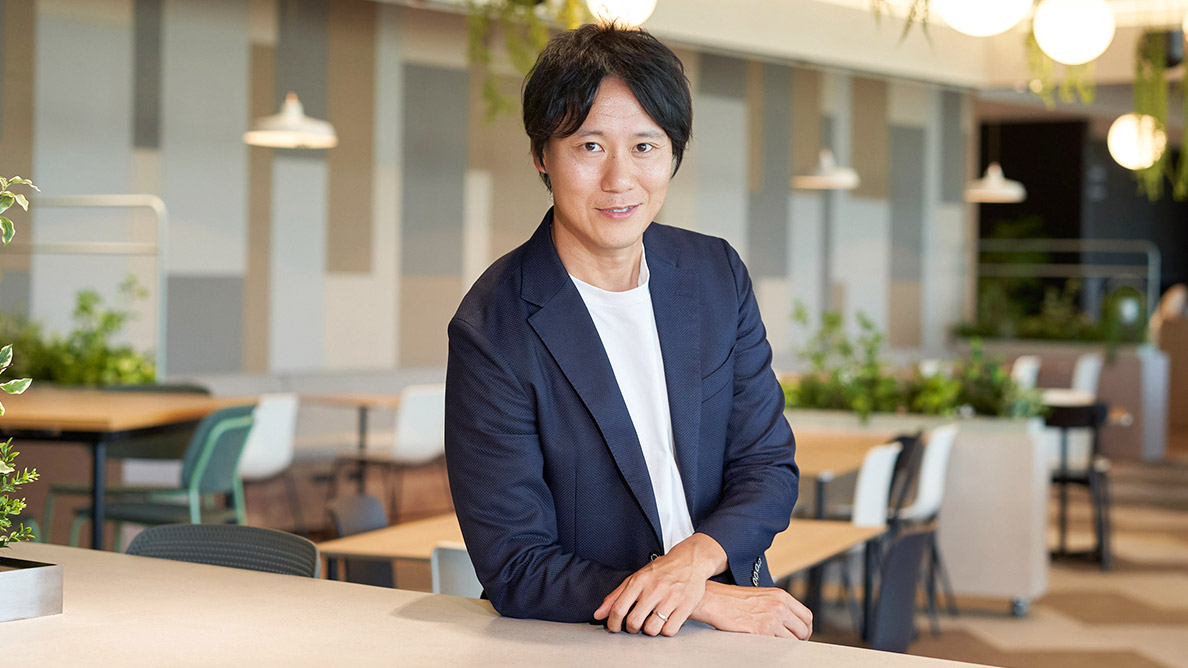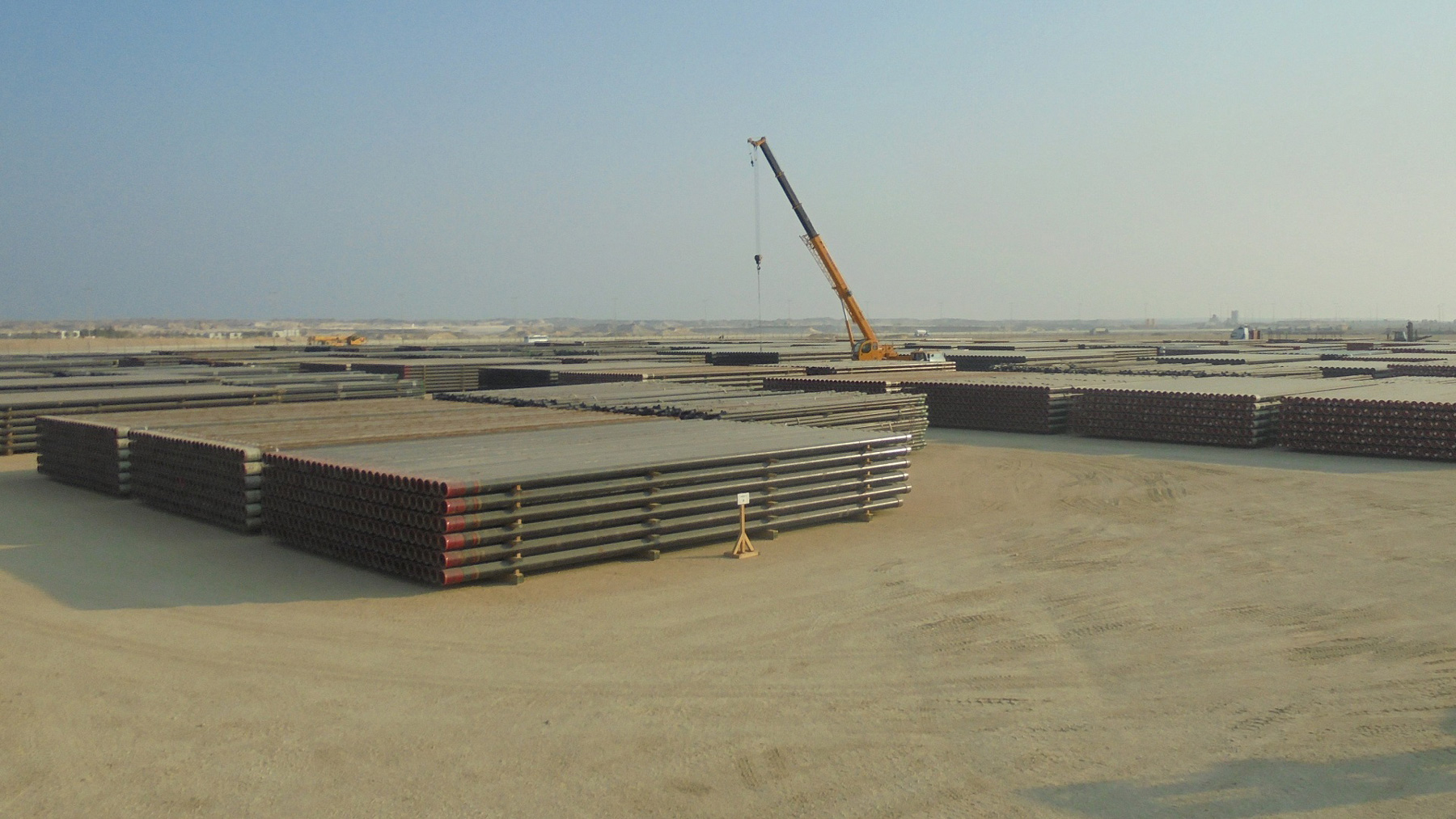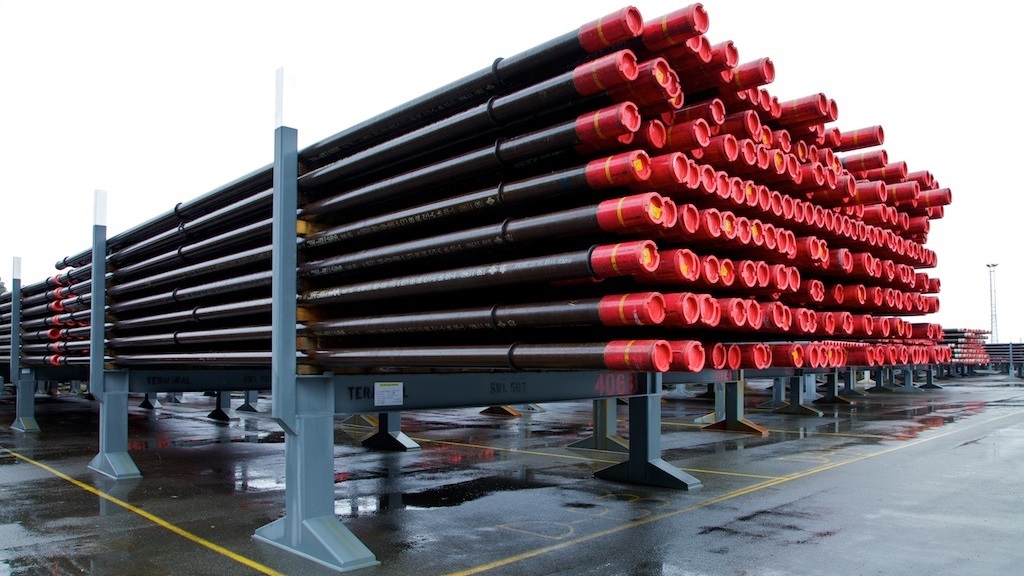
- TOP
- Enriching+TOP
- From Wheels and Axles to Operation Systems: The Railway Business Supporting the Lives and Industries of People Worldwide
2023.10.1
Business
From Wheels and Axles to Operation Systems: The Railway Business Supporting the Lives and Industries of People Worldwide
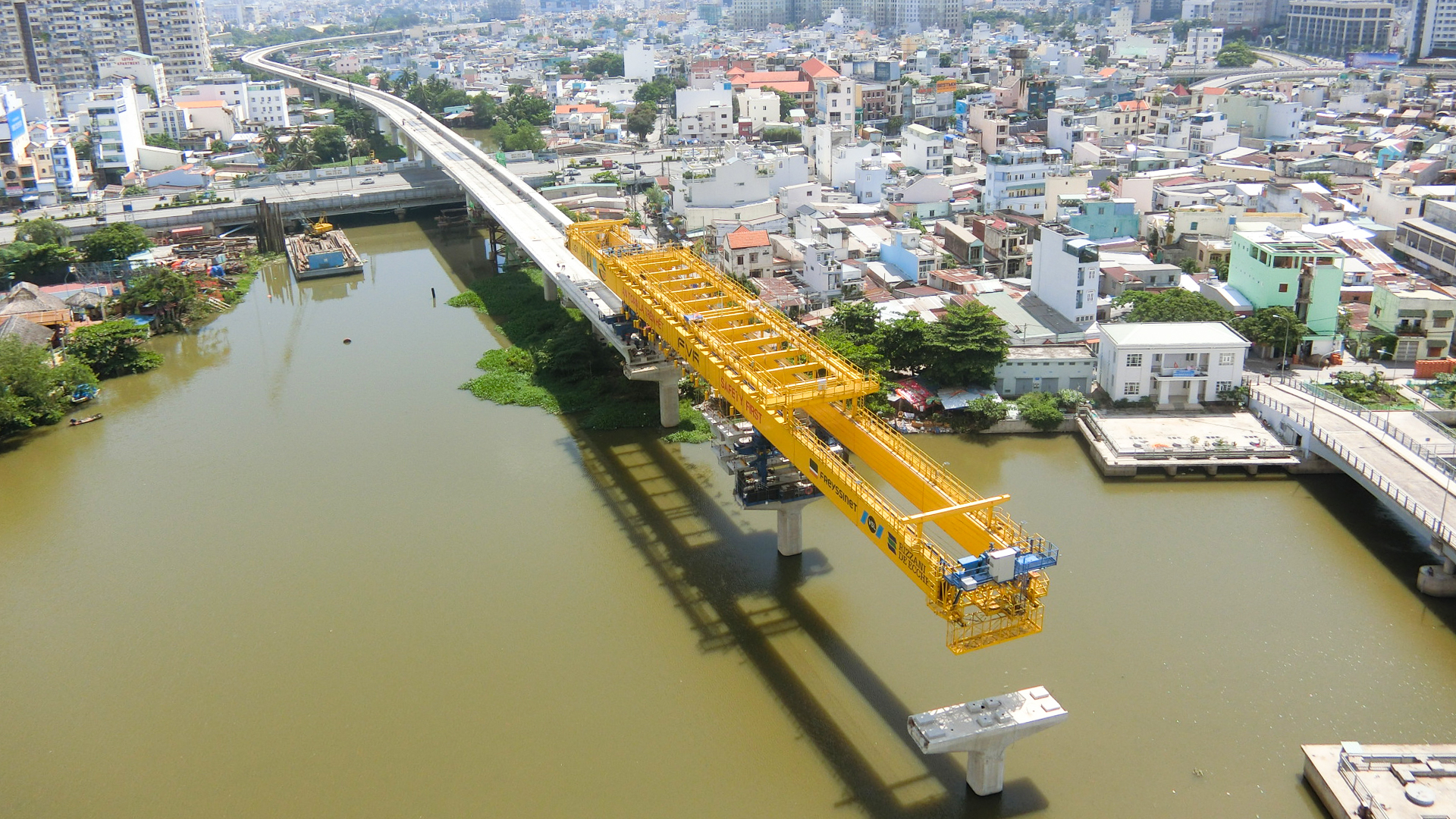
This content was originally published in February 2023.

One of the Oldest Business Fields
The railway business is one of the fields with the longest history among Sumitomo Corporation’s many businesses. Since the 1940s, our export business of train wheels and axles made by domestic manufacturers started. Later, not only parts but also completed freight and passenger cars were exported, and by the 1990s, we began handling large-scale projects such as railway infrastructure construction abroad. We also do business with almost all domestic railway operators and vehicle manufacturers.
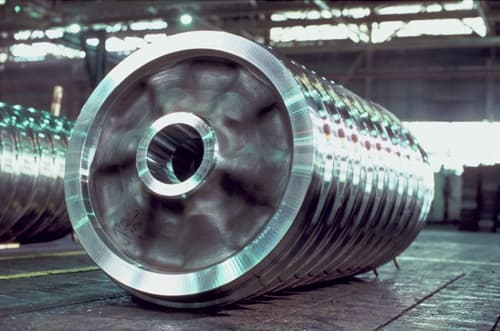
The main markets for parts and equipment are North America (the United States, Canada, and Mexico). In the vast lands of North America, a long-distance railway network for freight transport stretches across the continent. The pillars of this business are the export of rails used in this network, the local manufacture and sale of tie plates for rail fastening, and wheels and axles for freight cars. For rail exports, we own a dedicated rail transport vessel capable of transporting the world’s longest rails at 150 meters per piece, ensuring a large and stable means of transportation. In addition, by acquiring a wheel and axle manufacturing company with Nippon Steel, the company has secured a manufacturing base in the United States.
Through the supply of these parts and equipment, the company supports North American freight rail transport.
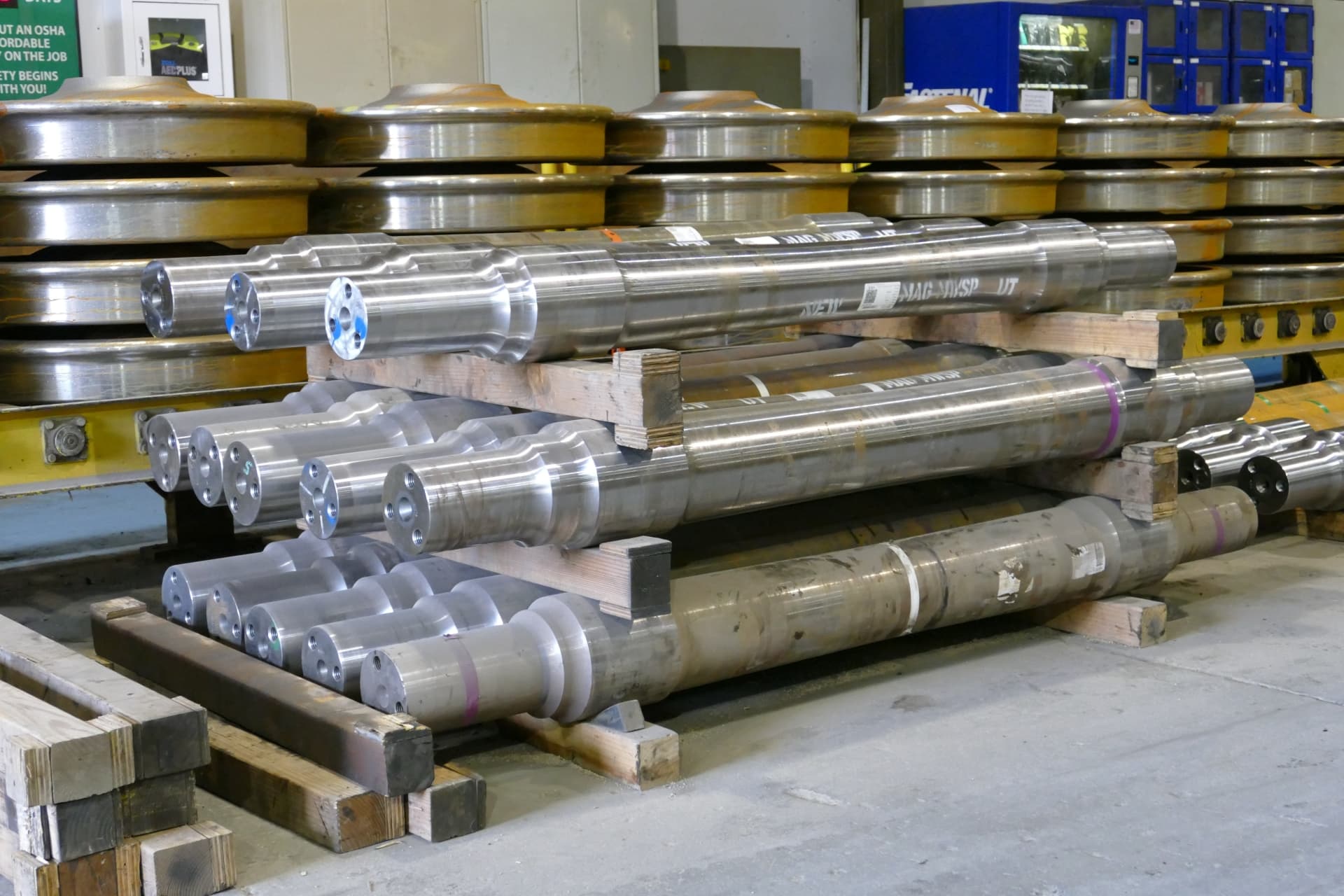
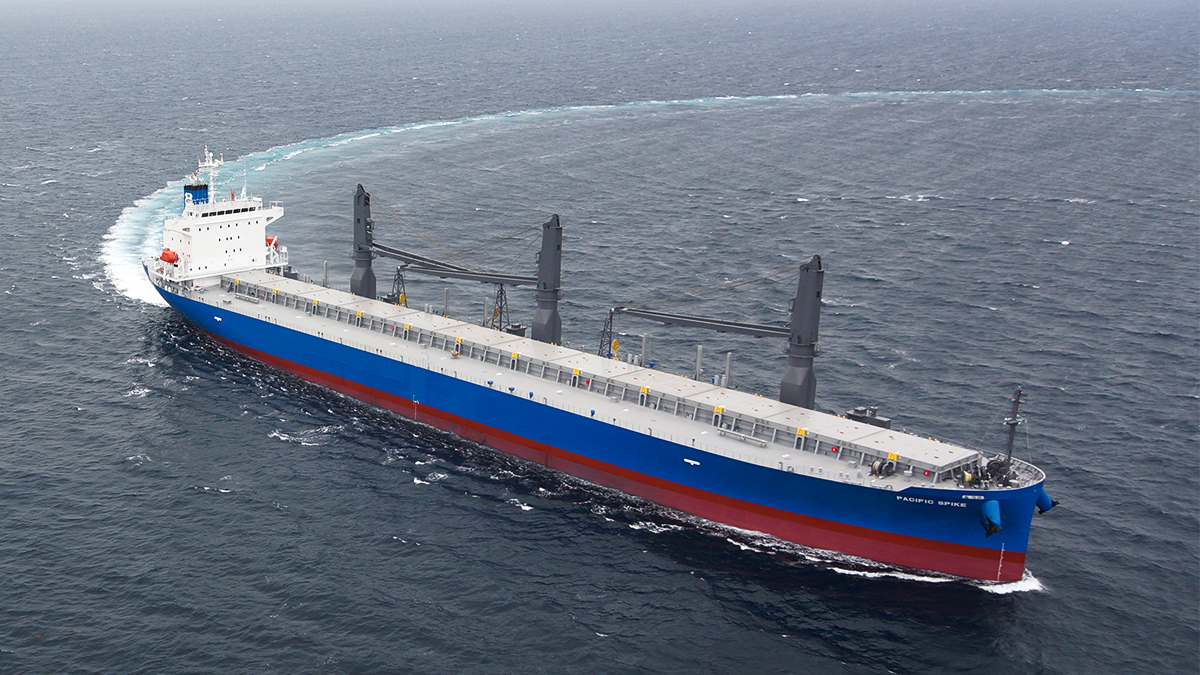
A one-stop provider of railway infrastructure
As an exporter of railcars, the company has provided custom-built railcars for railways in North America, Taiwan, Indonesia, etc. A feature of this business area is its varied method of delivery. Examples include local mass-production based on Japan-made prototypes, and design and production outsourced to German, South Korean, and other manufacturers.
The company's largest-scale railway projects fall into a category known as EPC. EPC, which means engineering, procurement, and construction, involves the provision of all three services in a seamless manner. Vietnam, Thailand, Indonesia, the Philippines, Myanmar, and other Southeast Asian countries are relatively less experienced with railway infrastructure building and operation, railway network construction, and have yet to catch up with the rising demand for passenger and freight transportation driven by rapid population growth. In partnership with Japanese and other companies, Sumitomo Corporation takes on EPC projects in such countries, providing services vital for their railway infrastructure building, such as public works, track laying, railcar building, and installation of signaling devices.
Railway infrastructure building is often state-funded, which means contractors are expected to meet high levels of management soundness, integrity, project management expertise, and product quality. The strength of Sumitomo Corporation lies in its ability to deliver high standards of value across all criteria based on the wealth of experience it has accumulated over its long history in the railway business.
EPC projects typically take three years or more—even up to 10 years—from commencement to completion, during which Sumitomo Corporation dispatches staff members to project countries to steer the project in partnership with manufacturers and engineering firms. The company is committed above all to responsibly seeing the project through, and building client trust.
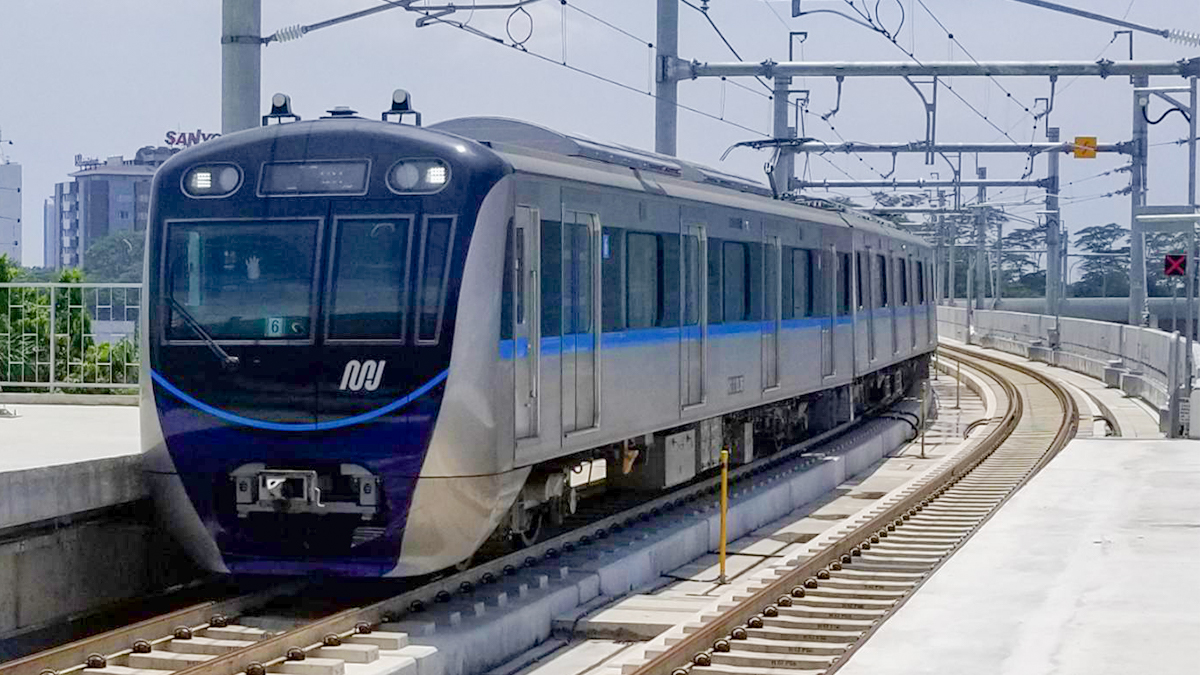
New models capable of providing long-term added value
Recent years have seen growing numbers of high-speed railway projects such as Taiwan High Speed Rail, as well as projects for building a new type of transport system known as an automated passenger transit system, or "automated people mover (APM)." APM is unmanned transit systems connecting distances totaling a few kilometers, often between airports and rental car facilities and retail complexes. Sumitomo Corporation has conducted APM projects in South Korea and Hong Kong, in addition to the US, where it has worked on eight lines at five airports.
Such projects typically involve ongoing engagement after completion that includes operational management and maintenance in addition to the providing system and rolling stock. A major goal of Sumitomo Corporation's railway business is to expand into business models that continue to support people's activities by adding value to railway services over the long term, rather than ending at selling and manufacturing. In order to further accumulate expertise in this area, in 2020, we took a new step forward by investing in a railway operation and maintenance company in Metro Manila in the Philippines and began full-fledged operations as a railway operator.
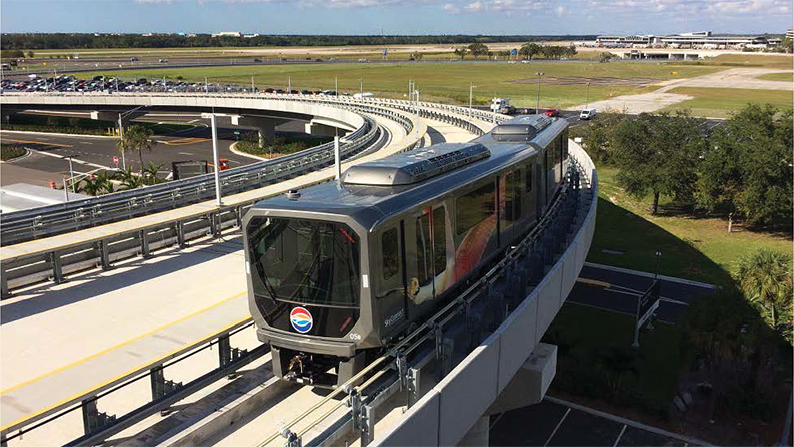
In addition to railway operation and maintenance, this business will involve retail and advertising on facility premises, as well as making economical use of the facilities, thereby expanding the scope of our business to include businesses that are incidental to the railway industry.
Furthermore, as of the end of 2024, GTS, a joint venture established by Tokyo Metro Co., Ltd. and local partner, The Go-Ahead Group Limited, has been awarded the right by Transport for London to operate the Elizabeth Line in London, and successfully started its operation on 25 May this year. We plan to use this as a springboard to expand our business scope into related projects such as development along the railway line.
Global rise of railway transport demand
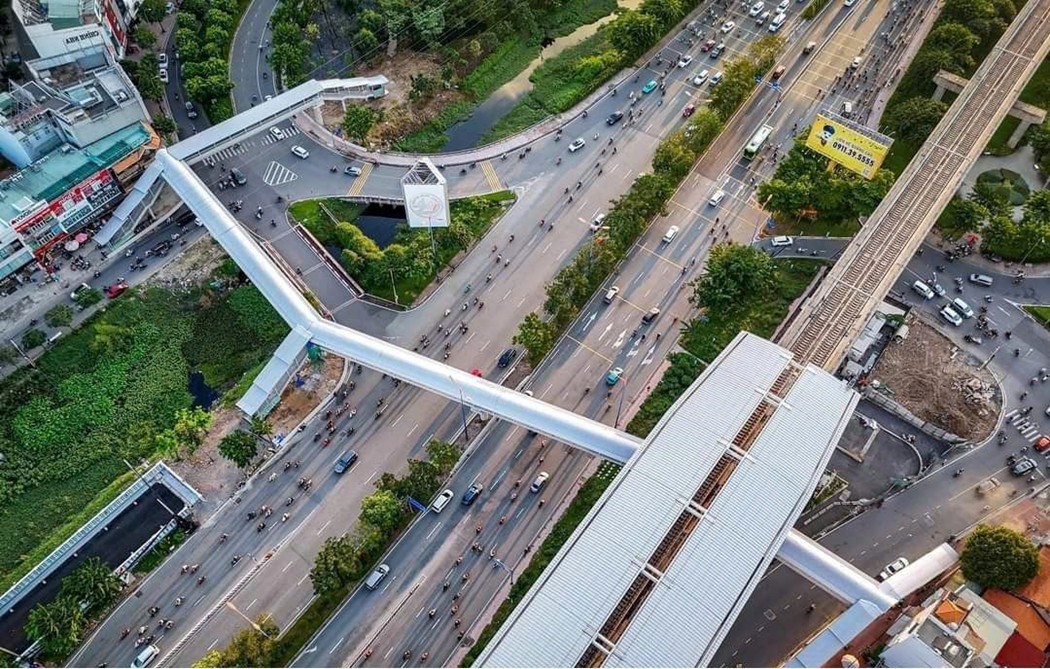
Although the Japanese population is shrinking every year, the world population is expected to continue growing. Road congestion and air pollution are social problems in countries with rapidly growing populations that are increasingly concentrated in urban areas. Demand for railway transport, widely regarded as a less polluting means of transportation, is expected to rise further in countries across the world.
The future world is likely to see the construction of more and more "smart" cities designed to employ cutting-edge technology to optimize energy efficiency and transportation networks. Railway is a vital part of the infrastructure of a smart city. One of the fresh goals of Sumitomo Corporation's railway business is to drive the realization of smart cities by joining forces with other group company businesses, such as real estate and energy.

